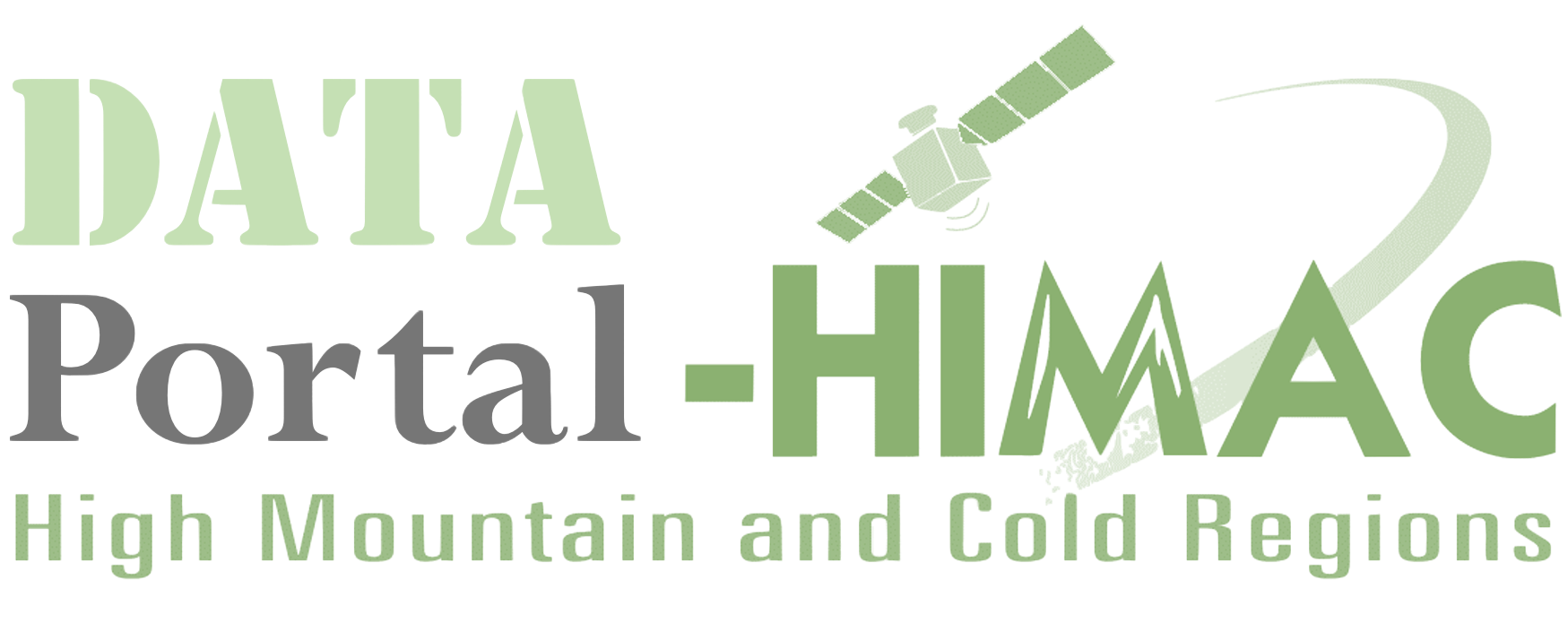Polar Data Catalogue
Data and Resources
Additional Info
| Field | Value |
|---|---|
| Source | https://www.polardata.ca/ |
| Last Updated | May 26, 2021, 02:31 (UTC) |
| Created | January 11, 2021, 08:28 (UTC) |
| Country | International |
| Data Management | Permanent Archiving The ArcticNet metadata will be permanently archived by CCIN and by the Integrated Science Data Management (ISDM: formerly the Marine Environmental Data Service MEDS) of DFO. Back ups of the data will also be made and archived at different locations. All researchers must address the issue of long term archiving according to the type of data they are generating and state explicitly what their plans are for long term storage. The data should be archived using relevant existing databases and if these facilities do not exist, researchers should seek support from the ADMC. Certain datasets will be housed at various locations.(e.q.. Health Canada: Centre d'études nordiques) and access will be subject to the rules or each institution. |
| Data Policy | The following principles will be adhered to in addressing the ADP objectives: Respect confidentiality requirements and researcher rights to publication. • Recognize that human health and sociological studies will have specialised issues when it comes to data and privacy. • Ensure that the databases are widely and easily accessible to a variety of users. • Ensure the long term preservation of ArcticNet data sets. • Ensure that there are strong linkages to Canadian and international IPY data management processes. • Use existing knowledge and infrastructure, wherever appropriate; i.e., ensure connectivity of data, but not duplication of systems. • Develop the ArcticNet approach as a “system of systems”. • Encourage excellence in data collection, management and accessibility. ArcticNet data are those data collected and generated by ArcticNet scientists and collaborators and by ArcticNet-funded projects during the ArcticNet timeframe (2004-2011)All ArcticNet Network Investigators (NIs) must promptly provide metadata for all projects an subprojects that benefit from ArcticNet. including those that are partially funded by ArcticN or benefit from the networking. All uploading of metadata and data, and all searching of the ArcticNet Database, must abide by the Terms of Use Agreement (Appendix A). Metadata The ArcticNet MetaDatabase is a database of metadata that describes, cataloques and identifies access points to the diverse data sets that are currently being generated in ArcticNet. It is structured in Federal Geographic Data Committee (FGDC) format. which is compatible with ISO-standards. The ArcticNet MetaDatabase is characterized by an input form and information taqs, a data reqistration module, a keyword search facility, and a transmission system for XML file transfer to the Department of Fisheries and Oceans of the Government of Canada (DFO), and ultimately to GeoConnections and the NASA Global Change Master Directory (GCMD). A back-up mirror site was setup at DFO for transfer of all metafiles. The ArcticNet MetaDatabase has also been adopted by the Canadian Arctic Shelf Exchange Study (CASES), and is described in more detail in Michaud et al. (2008). Data and data sets All metadata are accessible to the general public, both Canadian and International, immediately after entry into the ArcticNet MetaDatabase. To ensure the completion of the analysis of data and the publication of scientific manuscripts, the access to ArcticNet data will be limited to ArcticNet participants for a period of three years after the end of an individuaproject, however, real-time use of data may be required prior to the three year period for the production of the Integrated Regional Impact Studies and Regional Assessments. After this three year period, ArcticNet data must be made available fully, freely, openly, and within the shortest feasible timescale. Researchers must comply with these terms unless negotiated otherwise with the ADMC. |
| Data Sharing Principle | Exceptions to this policy of full, free, and open access are (adopted from the Canadian IPY 2007-2008 Data Policy): Where human subjects are involved, privacy and confidentiality must be protected.Access to personal information and human biological samples may be provided in accordance with applicable legislation, regulations, ethics approvals and policies; where local and traditional knowledge is concerned, rights of the knowledge holders shall not be compromised: where data release may cause harm, specific aspects of the data may need to bo kept protected (for example, locations of nests of endangered birds or locations sacred sites); and where pre-existing data are subject to access restrictions. The International Council for Science (ICSU) 2004 defines "Full and open access"as equitable, non-discriminatory access to all data preferably free of cost, although some reasonable cost-recovery for distribution of the data is acceptable. The World Meteoroloaical Organisation (WMO) Resolution 40 uses the term "Free and unrestricted"and defines this as a non-discriminatory and without charge. "Without charge", in the context of this resolution. means a charge that is no more than the cost of reproduction and delivery and without charge for the data and products themselves |
